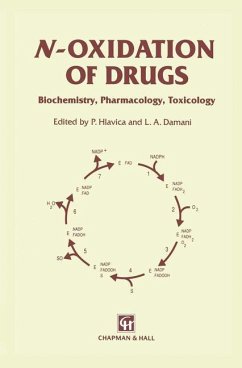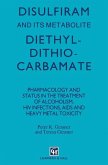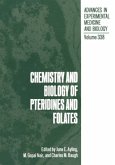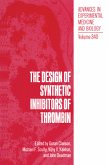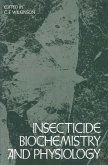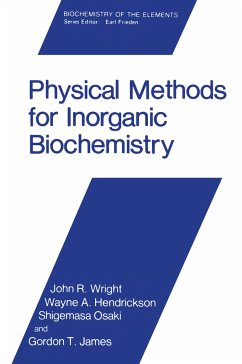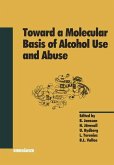The metabolic N-oxidation ofnitrogenousxenobiotics has been reported tc occur in many biologicalsystems, in addition to mammaliantissues, and the mechanisms appear to differ in many respects from those involved in oxidative attack atcarbon centres. Theextensive useofnitrogen-containing compounds as pharmaceuticals and chemical intermediates can lead to exposure to alarge numberofthese agentsunderwidelyvaryingconditions. Biotransformation of these xenobiotics by N-oxidative pathways can effect detoxication, butequallywellcaninduceformation ofcytotoxicmetabolites or potential promutagens and procarcinogens. The substantial progress, in recent years, in our understanding ofthe biochemistry and toxicology of N oxidation of nitrogenous structures has created a need for a synthesis of current knowledge. This book provides a wide-ranging review of the state-of-the-art in nitrogen xenobiochemistry divided into four parts. The introductory chapter discusses recent developments in trace analysis of radical intermediates and other N-oxygenated products by physical and immunochemical techniques. Special attention is given in Part Two to the enzymology of N-oxidation. Thus, detailed account is given of the mechanism and substrate specificity of the flavin-containing mono oxygenase and factors regulating its activity are addressed. A separate chapter outlines the polymorphic expression of flavoprotein-dependent reactions. Similarly, the mechanistic background and inducibility of cytochrome P-450-catalysed turnover of specific types of nitrogenous compounds is highlighted. Data are also compiled describing the role of peroxidative N-oxidation of xenobiotics in extrahepatic tissues lacking significant amounts ofcytochrome P-450.
Bitte wählen Sie Ihr Anliegen aus.
Rechnungen
Retourenschein anfordern
Bestellstatus
Storno

